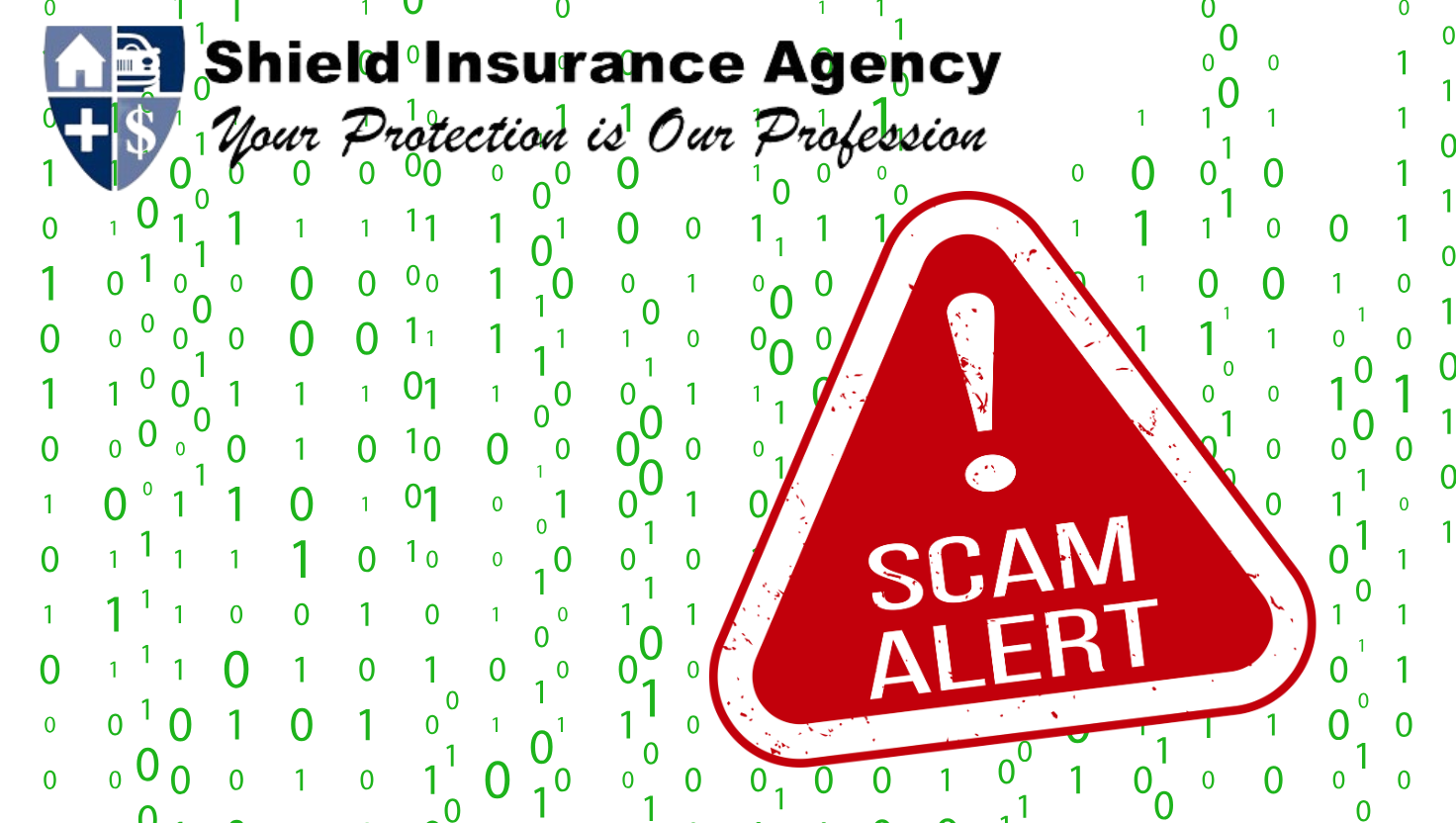
Protecting yourself after a data breach
A data breach is becoming more and more common. With over a billion records exposed since 2005, it’s likely that — if it hasn’t happened already — you’ll eventually rip open a letter to find that your data has been compromised and your personal information is at risk.
So what do you do next?
Just because you received this letter does not mean that you’re the victim of identity theft, it just means that your data was exposed, a data breach. However, there are five main steps you can take to better ensure that you come out of the situation with your identity and finances intact.
Breathe and read.
The first step is to not panic. That may sound counter-intuitive, but the best thing you can do is take a deep breath and thoroughly read the letter. The letter will explain what information is at risk, how the data breach occurred, and how you can get more information. When you’ve finished reading it over, keep it in a safe place in case you ever need to prove that your data was exposed.
Let your bank, mortgage lender, and other financial organizations know that your data has been compromised. This way, they can keep an eye out for suspicious activity.
Monitor billing and financial statements.
You must be on the lookout for fraudulent activity, too. Your bank or credit card provider may have text or email alerts to help you monitor your account, but be sure to check your statements regularly. And don’t just look for big withdrawals. Small purchases could be criminals seeing what they can get away with.
Check your credit report.
You can get a free credit report once per year. So after about 30 days, request your copy and check for anything suspicious. If you would like some extra protection, you may want to sign up for a credit monitoring service. While this typically comes at a cost, the business that exposed your data may offer these services for free in response to the breach.
Change your passwords.
In case the cybercriminals are in your online accounts or got a hold of the information that could give them access, change your passwords. Plus, it’s a good practice to update your passwords every 90 days. Be sure to include numbers, symbols, and uppercase and lowercase letters in your new passwords.
Grange Insurance offers an Identity Theft coverage endorsement that can be added to a Grange Personal Auto or Homeowners insurance policy. For full details on coverage and discounts, contact your Shield Insurance Agent. This article is for information purposes only. For specific coverage details, always refer to your policy.



















































